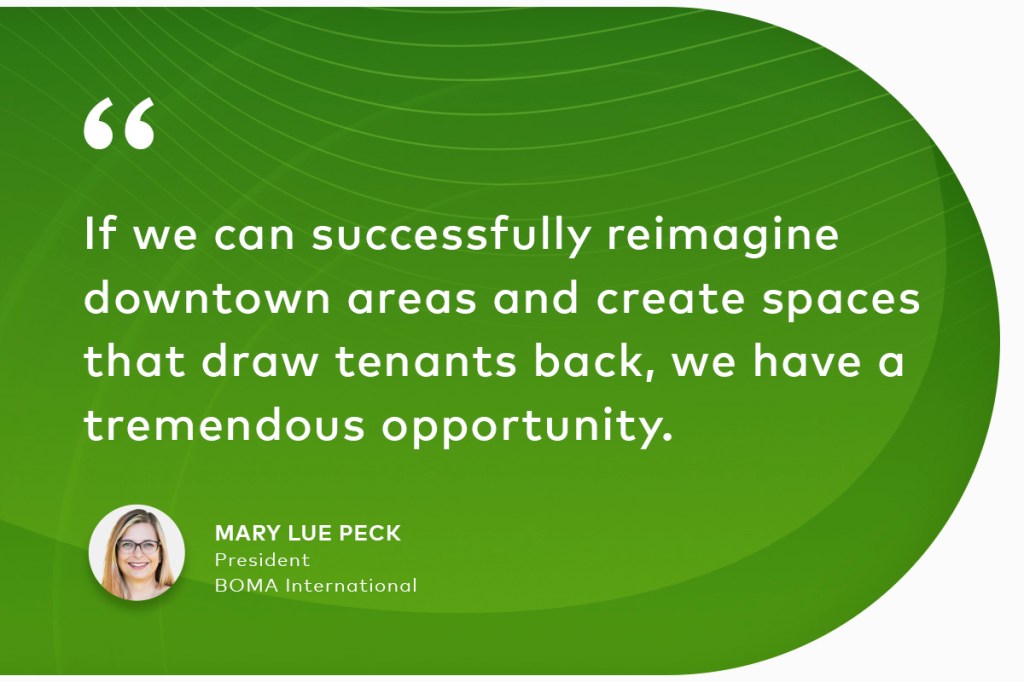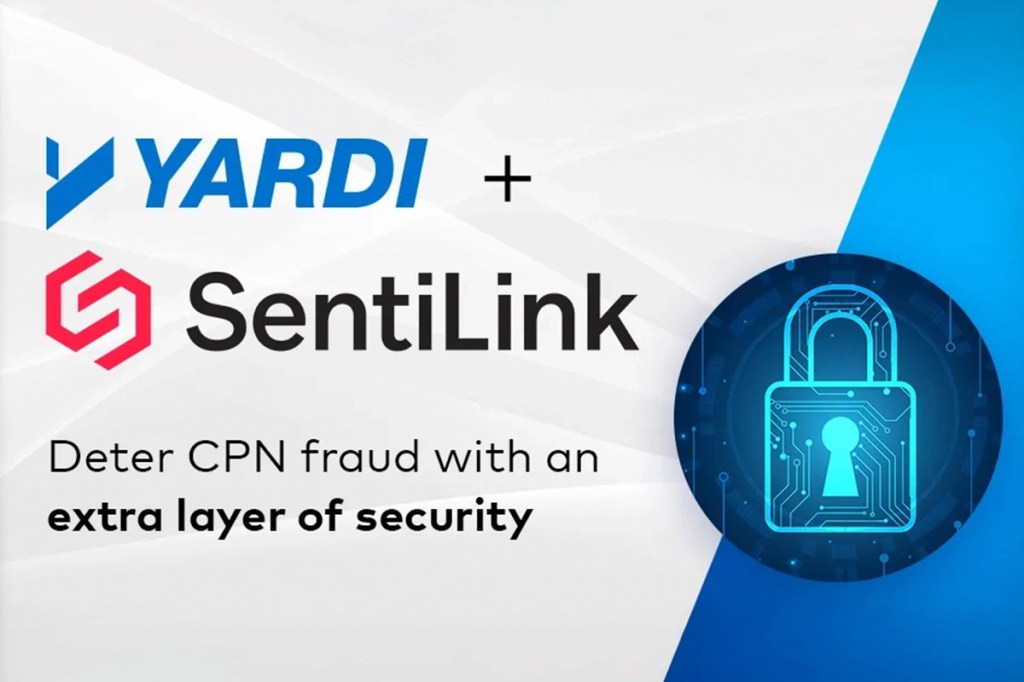
Property management can be a rewarding career path for those who love helping others build a life and settle into a community. But along with the joys of the business are costly legal pitfalls you need to know and avoid at all costs. Some are easier to avert than others. Let’s take a look at the most common property management legal issues along with steps to avoid them.
As you read, you’ll notice a common thread: better technology and standardized procedures and routines can protect you from most legal issues in property management.
1. Locking a late-paying resident out of their home
It’s understandable to feel frustrated when a resident doesn’t pay rent on time. It’s against the law, however, to retaliate in any way that doesn’t conform with federal and state statutes. You cannot change the locks on a resident for nonpayment, no matter how many times you’ve warned them or reminded them to pay. The only way to deny a resident entry to their dwelling is through the eviction process. Even so, eviction can take weeks or months to complete and must be resolved in your favor.
If mediation doesn’t work and eviction is your only option, lean on your attorney to keep everything above board.
Communicate through official channels
It’s best to send important notices through official means, such as a professional email sent via your property management software and/or letter delivered to the residence. (State and local laws around correspondence apply.) The nice thing about software is that it ensures permanent, paperless evidence of all correspondence for your records.
2. Setting different screening criteria for applicants
When evaluating potential tenants, it’s important to follow all HUD regulations under the Fair Housing Act. The most important goal is to avoid discrimination against protected classes (i.e., race, color, religion, national origin, sex, disability and familial status). Keep in mind that an accidental or careless violation can be punished just as heavily under the law as an intentional violation.
Use software to avoid discrimination
You avoid screening-based property management legal issues when you automate the process. Resident screening is an essential part of your business. Decisions must be based on objective factors such as credit history, income and criminal background. To do this efficiently, you’ll need property management software with resident screening built into the online application process. Yardi offers ScreeningWorks Pro, which goes above and beyond other screening tools by offering terrorist, drug trafficker, sex offender and Social Security fraud and rental/eviction history. You get near-instant, trustworthy results that will help you make smart, lawful decisions.
3. Entering a unit unannounced or without consent
This is a common property management issue that’s easy to avoid. Unless there’s an emergency with obvious cause for entry, property managers must give reasonable notice before entering a residence. Failure to give proper notice can result in a violation of the covenant of quiet enjoyment — among other laws — which can lead to legal action. Additionally, entering a tenant’s unit without consent is usually illegal, even if you have provided proper notice.
Give residents the same respect you’d expect in their position
How much notice should you provide? The standard minimum is 24 hours, but state and local laws may vary. For the sake of maintaining friendly relations, try to accommodate the residents’ schedule as much as possible. If the tenant is not cooperating, contact an attorney, document everything and follow proper procedure.
4. Raising rent mid-lease
It is unlawful to raise rent during the current lease term. In addition, most states require a minimum 30-day notice. Property management software is once again your best friend here. It will track upcoming lease renewals and provide this information to you on an easy-to-read dashboard. You’ll never have to wonder whose lease terms are coming to an end or when to send a renewal letter out — all important dates and information are securely stored in the cloud.
Provide proper notice
Laws around rent increases can differ by state. In California, for instance, notice must be provided in writing. We have previously offered advice on how to write a rent increase notice the right way.
5. Not following ADA & FHA regulations
The Americans with Disabilities Act (ADA) and Fair Housing Act (FHA) protect individuals with disabilities. Property managers must ensure that all units and common areas comply with both acts and make necessary modifications to units upon request. The important thing to remember is that you are responsible for following the laws to the letter, and even an accidental slip-up can result in a lawsuit.
Sometimes, the FHA goes even further than the ADA in its renter protections. This is the case when it comes to accommodations for emotional support animals (ESAs). We’ve written on ESAs and assistance animals, including how to deal with unauthorized animals from visitors, so check those out for more insights.
Consult an attorney if in doubt
As stated, and it bears repeating, failure to comply with the ADA and FHA could result in legal action and significant fines. You could also suffer reputational damage in the form of bad online reviews. Rely on counsel from a legal professional to ensure that you are fully compliant with these laws.
6. Refusing or withholding proper repairs & maintenance
As caretaker of your property, you’ve already estimated maintenance costs and built them into the rent. In a sense, that means your residents are pre-paying for upkeep and repairs. Unless stated otherwise in your lease agreement, you must respond to maintenance requests promptly and completely. Even if you are dealing with a non-paying tenant or moving through the eviction process, you must provide adequate maintenance services. You cannot withhold service as a form of punishment or “incentive” to encourage payment. (This connects back to point #1 on our list.)
Streamline maintenance tracking
It’s extremely difficult to track maintenance requests without software in place. Email systems get cluttered, requests get lost, vendor info needs to be manually retrieved, tracking is difficult, payments need to be managed in a different system and so on.
Secure resident portals make it easy for residents to upload pictures and descriptions of the issue and send them directly to the property management office or designated maintenance crew. Your onsite staff can either act on the issue or connect with their preferred vendor. Residents also love the ability to log in to their portal and see status updates in real time.
But what about emergency requests? For 24/7 worry-free support, check out RentCafe Connect, an all-hours maintenance call center service available as an optional add-on feature with Yardi Breeze Premier.
7. Withholding security deposits upon move-out
Experienced property managers know security deposits are not sources of income and must be returned in the absence of damages. Further, the cost of any such damages must be documented so former residents can see why they’re being charged. If there’s any cleaning or unit prep that the tenant is expected to do prior to moving out, these expectations must be both legal and put into the lease.
For instance, if you find damage to carpeting that goes beyond normal wear and tear, you may have valid grounds to withhold some of the security deposit — but only as much as it costs to make repairs or replacements. In California, if a tenant causes enough damage to a carpet such that it must be replaced earlier than excepted, they can only be charged for the amount of time they took off the carpet’s expected lifespan. You can’t withhold an entire security deposit simply because the carpet made it seven of the 10 years it should have lasted.
Track payments & deposits in one place
Once again, property management software will come in handy. Security deposits, tenant-caused damages and work invoices can all be stored in the system, making it easy to track information, communicate with renters and assess fines. Such comprehensive and easily accessible documentation is immeasurably useful for legal purposes as well.
8. Keeping unsecured records
We can’t discuss property management legal issues without getting into security. Property managers are entrusted with a lot of personal data: social security numbers, financial data, etc. A 2020 NMHC survey showed that 73% of leases were signed electronically, and we expect this percentage to rise over time. That means the vast majority of renter data is in the cloud. How this data is stored matters, and local servers may be less secure than you think. Of course, if you’re still keeping paper records, you must manually organize, safeguard and dispose of physical copies, which is more costly and time-consuming.
Yardi’s reputation for cloud security speaks for itself. We made the Forbes Cloud 100 list in 2022, our seventh time being recognized with this distinction.
Protect your assets
Reliable property management software providers use heavy encryption and top-of-the-line protections to safeguard this data. Anything less can put your applicants, residents and even your business at risk. Make sure everyone on your team knows the correct way to handle sensitive information. Doing so can prevent data-related legal issues from arising.
9. Making verbal or nonwritten agreements
If it isn’t documented, it didn’t happen. That’s how the law will likely treat any property management legal issues that arise. Don’t expect a “he said, she said” debate to end in a favorable result for property managers: it is the professional’s job to keep proper records. Absent documentation, you might be in trouble.
Keep everything in writing
Electronically signed leases are easy to store in cloud-based property management software, and they are accessible at all times to residents and your office. Everything should be covered there, and since all a resident has to do is log in to their portal, they can always review the agreement themselves if a dispute should arise. There should be no question as to when payments are due, who is responsible for cleaning and maintenance, what move-out will look like, how many pets are allowed per unit, etc.
10. Retaliating against tenants for non-valid reasons
It’s illegal to retaliate against or evict tenants for reasons such as race, religion and political beliefs. Such action would violate the Fair Housing Act and can result in legal action from the affected tenants. If you must go through with eviction, it’s important to give proper notice, follow due process and avoid the appearance of retaliation or discrimination. If you are unsure about the eviction process or the legal requirements for, consult with your attorney.
In addition to non-valid eviction, it is illegal to retaliate against tenants for any reason. In point #1, we discussed how it is not lawful to lock non-paying residents out of their homes. That’s one example of retaliation. There are many other actions that could be considered retaliation, including:
- Refusing services (e.g., maintenance, landscaping)
- Ignoring communications
- Behaving in a hostile manner
- Banning them from common areas
It is illegal to retaliate for their opinions, religion, ideas or even nuisance behavior that rubs you the wrong way. Even if other residents are filing complaints about the person (which you should document), that is not grounds for retaliation.
Property managers must remain professional and handle all tenant complaints and requests by the book. This includes how well you respond to repair requests, address complaints, provide equal opportunities for protected classes, and generally speaking, how you perform every aspect of your work.
Standardize all procedures
While every tricky situation you encounter may be unique, experienced property management teams have procedures and routines that do not change. Property management software is a critical asset because it’s where complaints, payments, maintenance requests and possibly all or most communications take place. Software provides instant documentation. It also lets you respond quickly and in the appropriate manner.
11. Selling the property & pushing out residents mid-lease
While it may be legal to sell your property mid-lease, it is generally not acceptable to dismantle the terms of your renter’s lease. An independent rental owner (IRO) can do what they wish with their property: it’s their property! However, leases are binding. Even if your lease contract is month-to-month, in most cases, you will need to provide 30 days’ notice. Check state and local laws and consult with an attorney for the correct procedure in your area.
Work with your residents
Avoid this property mangement legal issue by talking to your residents about your plan to sell. They might be willing to move out early and be released from their lease agreement. They might be interested in purchasing the property. Whatever the case, work with them to figure out times for property showings, renovations or maintenance projects, etc. As always, document everything that goes on in your property management software. You never know when those records will come in handy.
Disclaimer on common property management legal issues
This article was prepared for general information purposes only, does not constitute legal advice, must not be acted upon as such and is subject to change without notice. Always consult a lawyer or qualified housing expert for legal advice regarding your business.



